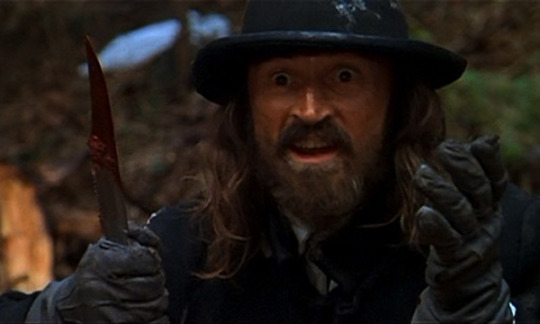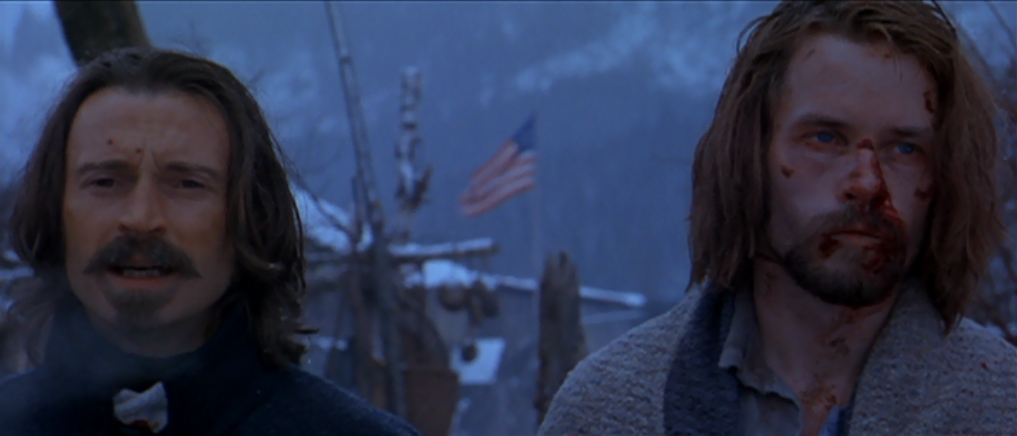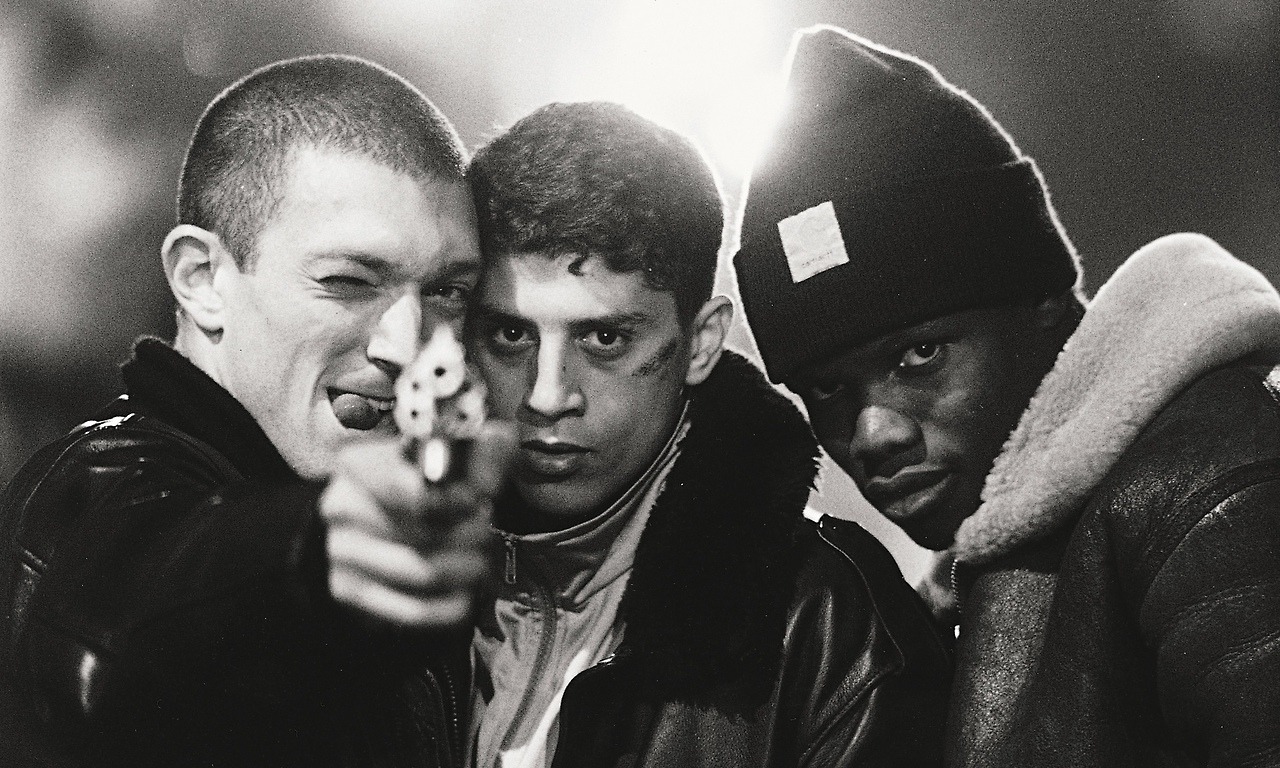Now that I'm on the Criterion Channel, I might be tagging you artsy-fartsies
@Rimbaud82,
@moreorless87, and
@HenryFlower a lot in the next few weeks. I hope that it's not too annoying. I'm definitely going to try to watch as many movies as I can this weekend, so buckle up

For starters, I decided to make today a Carl Theodor Dreyer day. I didn't go all the way back to his silent films, but I did go through all of his sound films:
Vampyr,
Day of Wrath,
Ordet, and
Gertrud. I'd seen them all before -
Vampyr many times over the years,
Ordet twice, and
Day of Wrath and
Gertrud just once each - but it'd been a while since I'd seen any of them and around a decade since I'd seen the last two.
Vampyr is still awesome. That was another movie that I thought of while watching
The Lighthouse. Dreyer was so many decades ahead of his time with the disorienting surreal-ish horror thing that it's just crazy to watch that almost 100-year-old experiment today. It's definitely clunky, what with the low budget and the early sound technology, but the visuals alone are worth it. Still a classic.
Day of Wrath is probably his most popular film other than
The Passion of Joan of Arc but I find it a little underwhelming, mainly because the cast is so weak. Lisbeth Movin as Anne and Anna Svierkier as Herlofs Marte are the only actors who brought it. Everyone else was weaksauce, especially the lifeless Thorkild Roose and his bland nothing son Preben Lerdorff Rye. The most powerful scenes were the scenes with Svierkier suffering her torture before being burned at the stake, which of course recalled
The Passion of Joan of Arc, and then the scenes with Movin first getting her mother-in-law's goat with her Bible reading and then "killing" her husband. On the whole, though, this is rather light by Dreyer's standards, merely a fraction of the greatness of
The Passion of Joan of Arc cut with a more traditional family piece hearkening back to something like
Master of the House.
Ordet is his sound masterpiece. Nothing beats
The Passion of Joan of Arc IMO, that's Dreyer's crowning achievement, but
Ordet is right there in the #2 spot IMO. Excellent script, great ensemble acting from everyone involved, and masterful staging and cinematography. In
The Passion of Joan of Arc, Dreyer really went to town with close-ups, but more often than not he was a filmmaker who liked to utilize space. Well,
Day of Wrath only hinted at the mastery of space that Dreyer would boast come
Ordet. Dreyer is seldom referenced when discussing filmmakers who use long takes, and it's because they're seamlessly integrated in a very precise and intricate overall design, one where neither the visual storytelling nor the verbal storytelling takes precedence. This is also IMO Dreyer's best use of religious material. I love the Christ allegory, but even more I love that Dreyer doesn't stop there. Yes,
Ordet is basically a retelling of the Christ saga, particularly the Gospel of John, but the Christ figure isn't the main character. He's the Looney Tune brother kept off to the side for the majority of the action. Instead, Dreyer fully immerses us in the family life, in the loving marriage that will be threatened by a difficult pregnancy, in the young love that is threatened by parental interference, and in familial and social lives threatened by egotistical stubbornness. There's really no shortage of compliments to be paid to this film. I really love this one and am glad I got to rewatch it.
Gertrud is the one I remembered the least but I loved this one, too. Not quite as good as
Ordet but very close. It's clearly a member, though interestingly a non-Hollywood member, of what Stanley Cavell called "the melodrama of the unknown woman" (his exemplary films were
Stella Dallas,
Now, Voyager,
Gaslight, and
Letter from an Unknown Woman), and the female protagonist is most certainly a fascinating character, but I was most impressed with the aesthetics. I think that
Ordet is Dreyer's most fully realized sound film with reference to the harmony between visual and verbal storytelling, but
Gertrud is his most aesthetically impressive film IMO. Not only is it a long take masterclass, it's just generally a masterclass in mise en scène. I have no idea why this movie hasn't been referenced or analyzed more in my scholarly neck of the woods, the brilliance of the compositions, the camera movements, the lighting, the production design, the blocking, it was utterly staggering. This is definitely Dreyer's most French film, very much in line with the French films of the era (
Last Year at Marienbad and
Cléo from 5 to 7 were the two that jumped out at me immediately) while also pointing the way towards later arthouse films like Rainer Werner Fassbinder's
Veronika Voss, yet it's also the closest that he ever came to a classical Hollywood genre piece, with the conventions of melodrama working in full force but worked out according to a characteristically intricate visual design.
So that was day one with my Criterion Channel subscription. Speaking of French films, I've decided to go on a big French movie binge next, specifically targeting Marcel Carné, Max Ophüls, and Robert Bresson for some (re)watches. What do you guys think of Dreyer and these French filmmakers?






